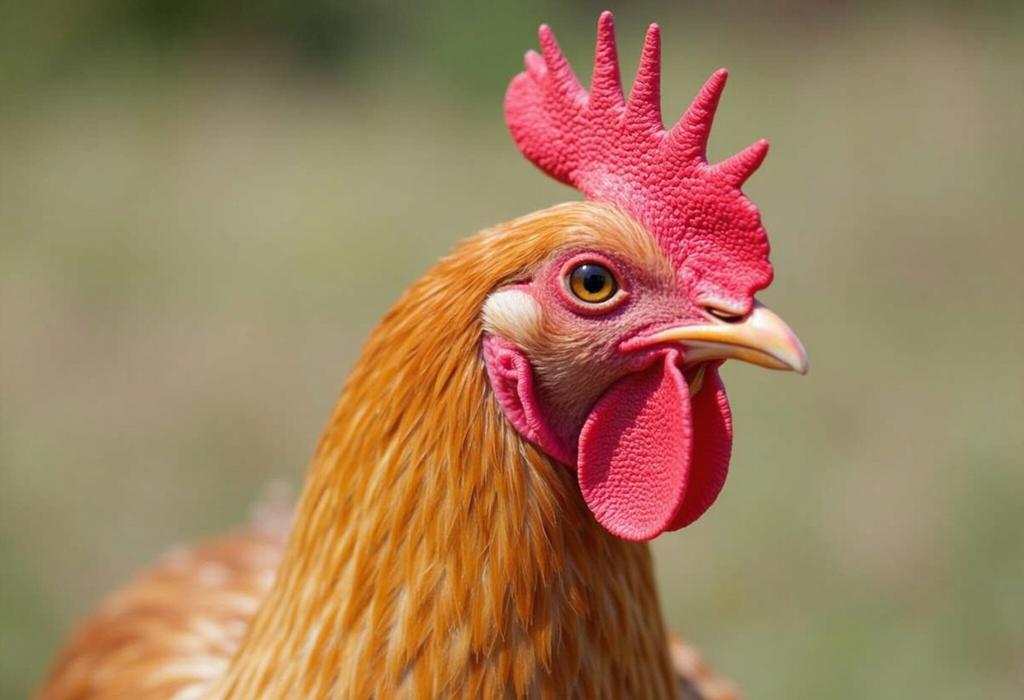As the price of eggs continues to rise, many homeowners are considering raising backyard poultry as an alternative source of fresh eggs. However, a recent warning from the Centers for Disease Control and Prevention (CDC) highlights the potential health risks associated with this trend. The CDC has reported at least seven cases of Salmonella infection across six states, including Florida and Missouri, linked to backyard chickens and ducks. While having a personal supply of eggs may seem like a cost-effective solution amidst inflation, the hidden dangers, such as Salmonella, can pose significant health risks.
The CDC's findings reveal that poultry, including chickens and ducks, can carry the bacteria responsible for Salmonella infections, even when the animals appear healthy. This places those who handle these birds or their eggs at risk of infection, often leading to symptoms like diarrhea, fever, and stomach cramps. Vulnerable groups, including children under five and the elderly, are particularly at risk for severe symptoms.
The outbreak has raised concerns beyond just health; it also reflects the current economic environment. Egg prices have peaked recently due to broader agricultural pressures, including COVID-19 impacts and recent avian flu outbreaks that have devastated chicken populations. As a result, many families are looking for alternatives that involve raising poultry in their backyards. In fact, health officials note that a significant portion of those affected by the outbreak reported purchasing poultry from agricultural retail stores, indicating potential lapses in safe practices in the supply chain.
The rationale behind keeping backyard poultry may include economic savings in the wake of soaring grocery prices, with eggs reportedly reaching as high as $8.17 a dozen earlier this year before dropping to more manageable prices. Despite the attractive notion of self-sufficiency, families must weigh the convenience of having fresh eggs against the risks of potential illness. Beyond the CDC warnings, several local municipalities have enacted or considered bans on backyard poultry, reflecting broader concerns about public health and local agriculture’s role in disease transmission.
Health officials recommend stringent hygiene practices for anyone currently raising poultry. This includes frequent handwashing after handling birds, avoiding contact with chickens and ducks during meals, and ensuring that children do not interact with poultry. As investigations into the outbreak continue, it is imperative for consumers to remain informed about the origins of their poultry and the potential risks associated with handling them. The CDC reminds the public of the importance of following safe practices around pets and food preparation to mitigate health risks.
This situation serves as a crucial reminder of the interconnectedness of agricultural practices, public health, and consumer behavior. Future regulation and surveillance may be required to better manage the risks posed by backyard poultry while allowing families to benefit from their eggs.
AD
AD
AD
AD
Bias Analysis
Bias Score:
30/100
Neutral
Biased
This news has been analyzed from 12 different sources.
Bias Assessment: The article presents facts from health officials and the CDC, which lends credibility to its content. However, there is a slight bias towards highlighting the economic motivations of families raising poultry, which could frame this lifestyle choice as irresponsible without emphasizing the economic pressures that are leading to such decisions. The facts regarding Salmonella risks are balanced with underlying economic issues, providing a realistic overview without sensationalizing the health risks.
Key Questions About This Article




